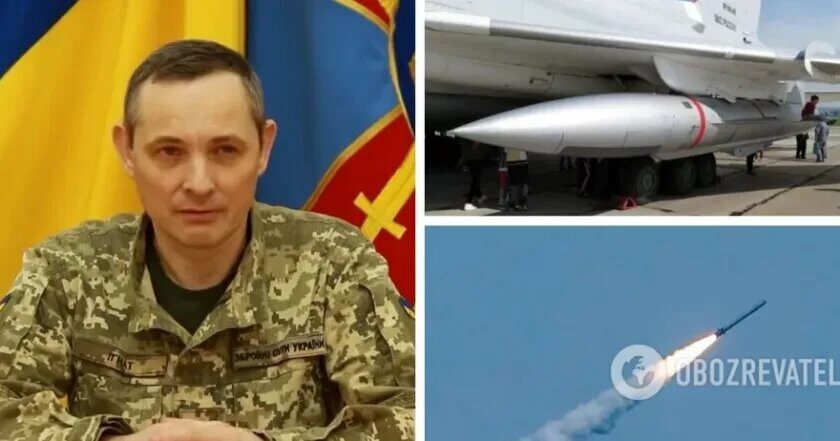russia agreed with Iran on ballistic missiles and delivery — Ukrainian intelligence

Ukrainian authorities are aware of russia's plans to purchase Fateh-110 and Zolfaghar ballistic missiles from Iran and deliver them by air to Crimea and by sea to russian ports on the Caspian Sea.
The Economist reported this with reference to the deputy head of the Main Directorate of Intelligence of the Ministry of Defense of Ukraine, Vadym Skibitskyi, spokesman of the Air Force of the Armed Forces of Ukraine Yuriy Ignat, at a briefing.
"We know arrangements are already made," he said.
Ignat also said that russia agreed not only on 2,400 drones from Iran but also on ballistic missiles.
"About ballistic missiles, there was also information that russia still reached agreements. How they will be delivered to russia is no longer important. We see that there is a regular air connection between moscow and Tehran, as well as the Caspian Sea," he said.
Ignat could not specify how many ballistic missiles Iran can deliver; he forwarded this question to the intelligence: "Probably, there is no need to make this information public now; certain offices have it."
"There is the very fact that they will be, that these are missiles with a range of 300 and 700 kilometers… This is a new threat, just like the Shahed. These ballistic missiles must be responded to somehow; they must be destroyed. They must be destroyed there, probably from where they are launched, because we have no effective means of combating ballistics except to destroy them physically at the launch stage. I think that both the senior military leadership and our partners are already working on this issue, looking for effective ways to counter these new threats," Ignat said.
Both Skibitskyi and Ignat state that Ukraine does not have an effective defense against Iranian missiles, which hit targets at much higher speeds than cruise missiles or drones or against similar russian Iskander missiles.
Skibitskyi told The Economist that in October, the russians launched 25 Iskanders. Ukraine was able to intercept only three. Ukraine is also defenseless against the Kinzhal hypersonic missiles that russia has installed on some of its warplanes.
Ignat said at the briefing that russia has not used Iskander missiles in recent days — probably because it already uses its inviolable stock.
"According to Skibitskyi's estimates, russia has only 120 Iskanders left. Other sources put the number of Kinzhals at about 40. However, by replenishing its reserves at the expense of the Iranians, russia can double its attacks," The Economist writes.
Officials in Kyiv say Ukraine needs weapons capable of shooting down ballistic missiles, such as the American Patriot system.
They also want longer-range missiles, such as America's ATACMS, which they hope to use to strike command centers hundreds of kilometers behind enemy lines.


















































